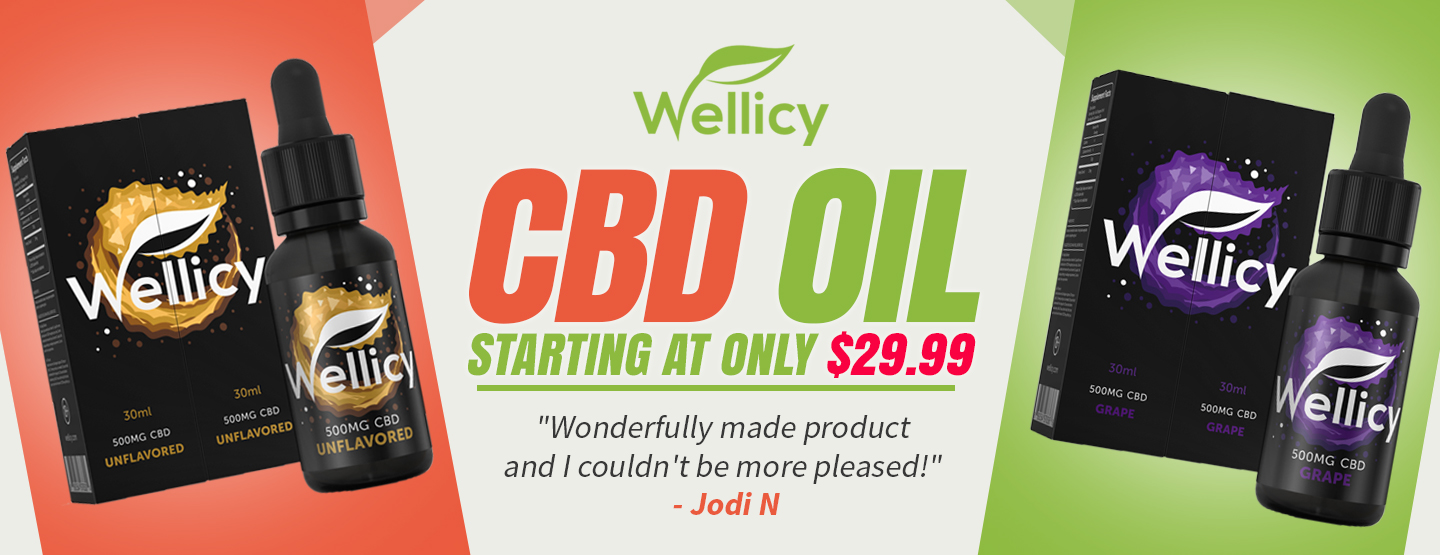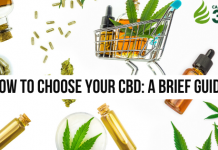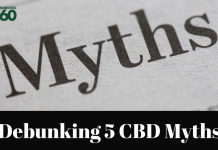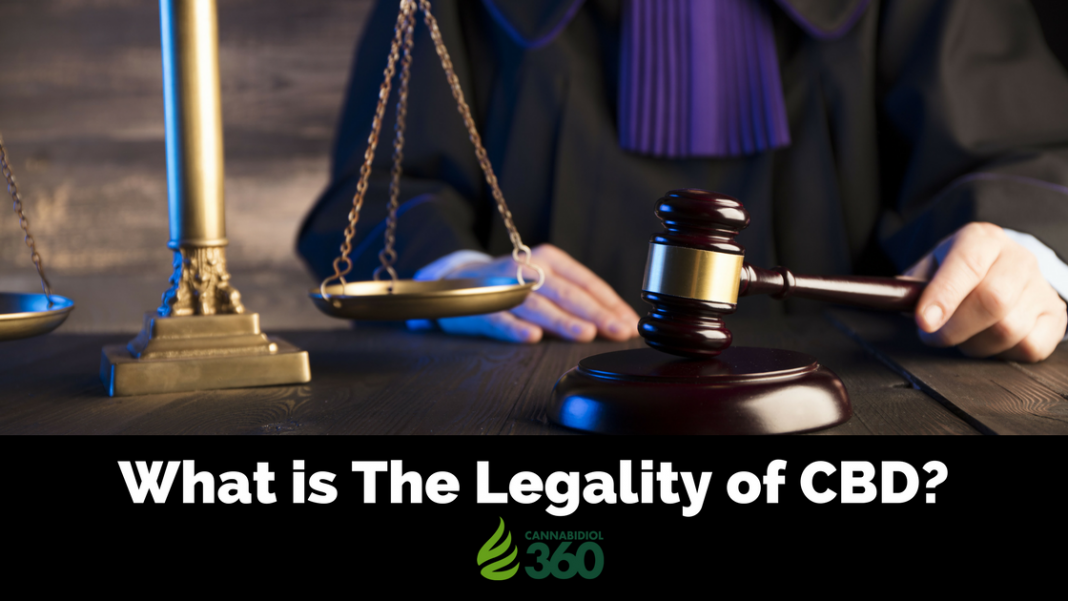
First of all, let it be clear, that this is not an article that will determine the exact truth of whether or not CBD is legal to buy and sell in all 50 states and the U.S. territories. Even though I wish this was the next great reference for clarifying Federal Regulations on cannabidiol (CBD), yet it is not that. Not at all.
Regardless, the questions asked in this article are still crucial to reflect on. Not to mention, most of the content is also quite helpful, but there is still far too much uncertainty out there about the actual “rules” to accurately draw a conclusion.
Honestly, it is safe to say those who regulate the industry are unsure as well.
So, in hopes of learning the true facts on what people are legally able to do with CBD, I hate to ruin any expectations, but this is not the resource that will help anyone understand the answer to the question so many ask.
Is it Legal to Engage in CBD Commerce & Consumption?

Consider this quote by Andrew Livingston, director of economics and research for law firm Vicente Sederberg LLC.
Livingston states, “This is a fast-paced, changing market with varying different dynamics that have more to do based on governmental and regulatory dynamics than they do on consumer dynamics.”
However, understand this, since I live in Colorado, my own personal viewpoint is that CBD is a harmless medicine.
Then again CBD has been known to affect each person differently. Why should it just become entirely legalized with no opposition?
For one, the 2014 Agriculture Act aka the Farm Bill has laid out guidelines that allows for an opportunity to embrace the end of an age-old prohibition of industrial hemp, subsequently and specifically claimed that the decision to cultivate; manufacture, distribute and sell hemp-based products.
Anyhow, the fact of the matter is that no longer is the hemp plant entirely prohibited. The Federal Government has passed laws, but like most legislation, we are exposed to unavoidable multi-interpretive, vague notions and anecdotal procedures defining the law of the land.
From this, it seems the most significant inquiry thus becomes “Then, how do we know what exactly is legal?” That is Exactly the point. There is so much to consider now that the specifics are so blurry, that in a sense, the production of several separate answers is indeed going to be the outcome.
A binding agreement that is non-exacting is both an opportunity with advantageous circumstances and an open-ended, wild-west regulatory mess of swirling uncertainty.
Thus, in an unregulated market like the CBD Industry, consequently this creates a scenario of being both a blessing and a curse.
When inquiring about what is legal and what is not, it’s extremely confusing. In some instances, industry professionals who own CBD businesses within the industry often have issues with providing an accurate explanation of the exact regulatory guidelines.
Not because they are irresponsible entrepreneurs, but due to the fact that even the regulators have a blurred and skewed understanding of industrial hemp legislation and the regulations controlling the commerce throughout the CBD Industry.
More often than not, when asking several individuals what these regulations are, all you receive is a series of comprehensively empty explanations.
The uncertainty and spreading of quasi-informational narratives has not only kept buyers and sellers in a grey area, yet also has largely affected the regulatory arm of government agencies who oversee such circumstances.
This is of course referring to a modern dilemma considering the legality of commerce and America’s perpetual condition of feeling obligated to participate in progressing the surge of commerce exchanging CBD-based goods and services.
What is The Legal Standpoint of CBD?
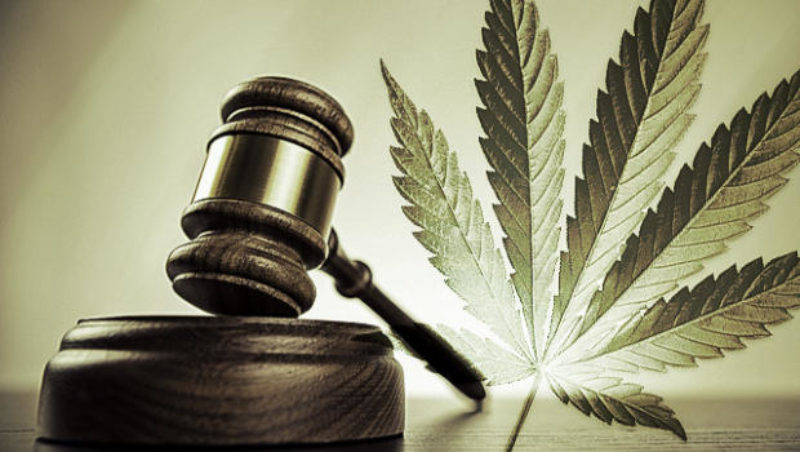
At this point, it often feels as if no one can tell us the exact truth, then again the very word “truth” as we know it, is being redefined every day in the modern world.
We never know the truth because there are so many different narratives being fueled by an endless barrage of merely amusing anecdotes.
Sure, we’d like to believe this is a scenario where a piece of federal legislation has allowed for the legal status of cannabidiol (CBD) to become so vague, that we either believe the first statements we hear about it or we often construct our own interpretations into beliefs — which eventually permeate our communities.
This is such an issue, that regulating agencies truly do not know the status of CBD being legal or illegal. They won’t admit it, but it is clearly obvious after analyzing a major collection of comments from officials representing organizations who are in charge of enforcing such regulatory measures.
This isn’t always the case, but the regulations are in most cases either newly installed or simply both citizens and regulatory officials are entirely unaware of how to interpret the guidelines.
The confusion begins with the actual legislation which provided the legality to begin with. The 2014 farm bill approved by Congress is a federal government decision to allow separate state the power to determine whether or not they will allow the cultivation of hemp, in order to create products for agricultural or medical use.
So, the states are the powers that must translate to themselves how to create some very specific or very vague regulations, in which the bill states there will be no federal interference.
However people must remember that another bill could come along at anytime that grants federal interference and often times people may not even know this was something being considered for a house and senate vote.
Therefore, this is not a situation consisting of a misinformation campaign, but more so of a quasi-informational struggle that has been nourished and expanded by our own personal inabilities to admit how we are all unsure, unaware or uninformed.
Thus, multiple claims about CBD legality status are interpreted since 32 states may not have any particular regulation.
All in all, there are a total of 18 states that have adopted some type of legislation, regulating CBD. This is why from time-to-time, we will hear about stories spanning the country — from Utah to North Dakota.
You may recall hearing of health stores and small town cornerstone markets where suddenly they are raided for carrying CBD products. This is becoming common, just last week 23 shops in Tennessee were raided for selling CBD products. It seems we must do a better job educating the general public of consumers and regulators alike.
Reflecting on one last quote may be helpful. “This nascent industry is jam packed with unique factors, including varying regulations, disparate markets and lacking longitudinal data. So making predictions, is daunting — if not impossible.” — Andrew Livingston

